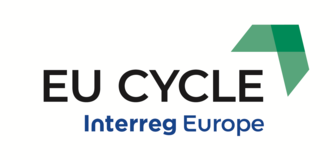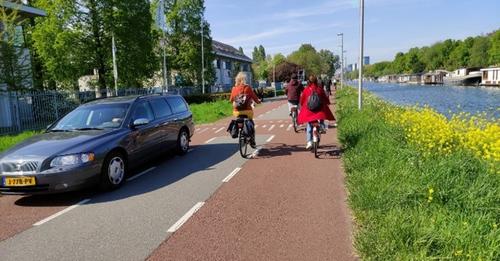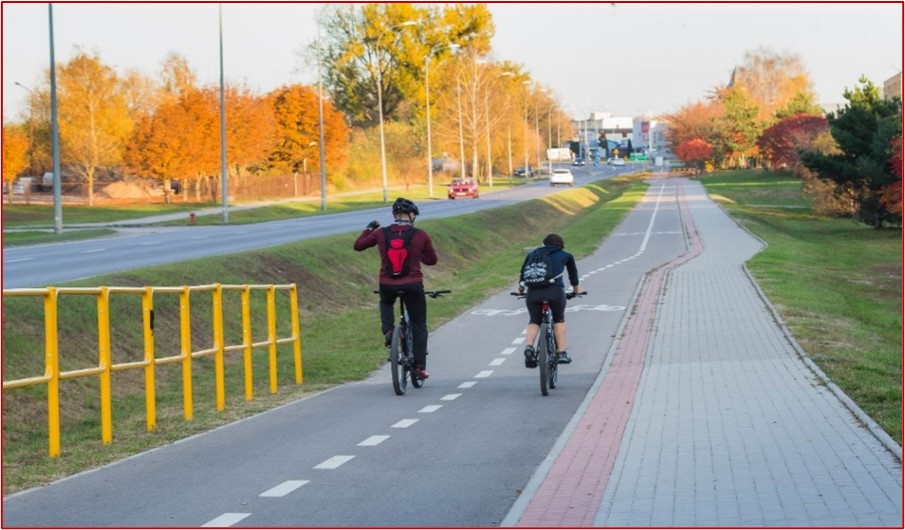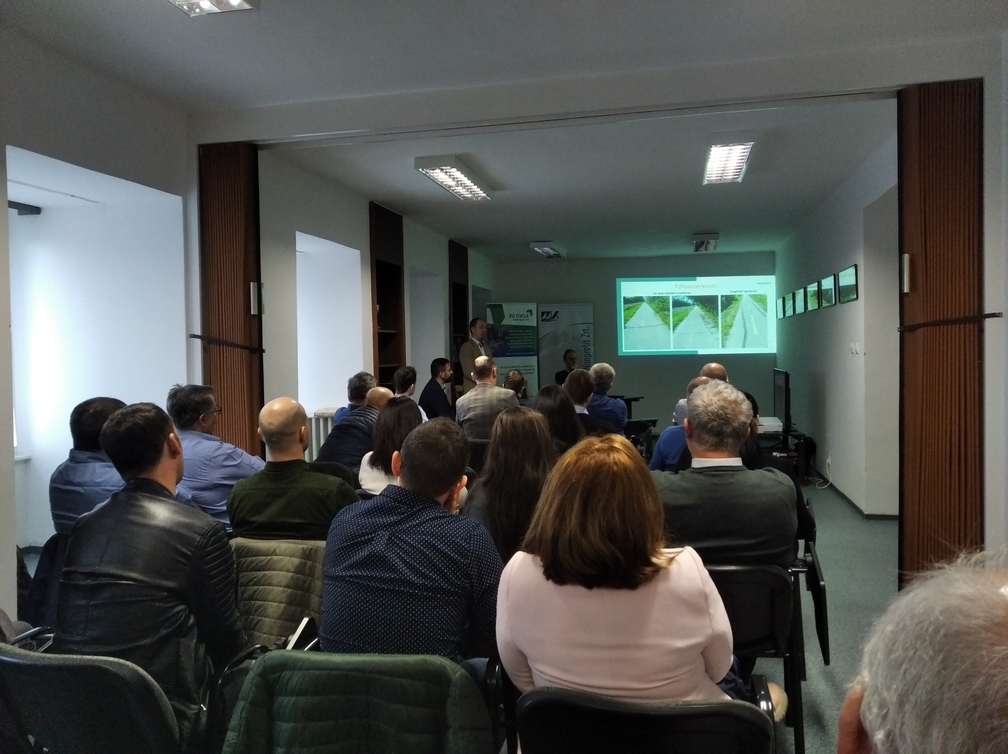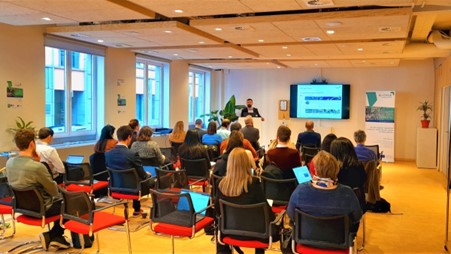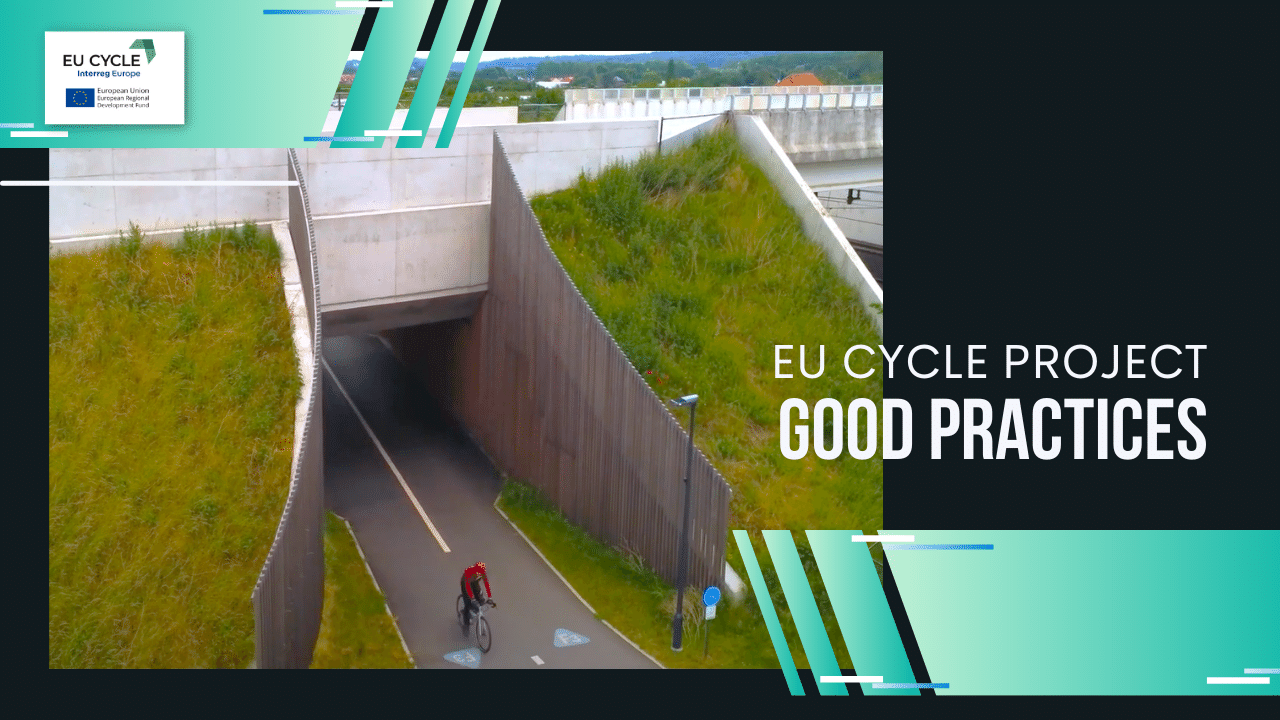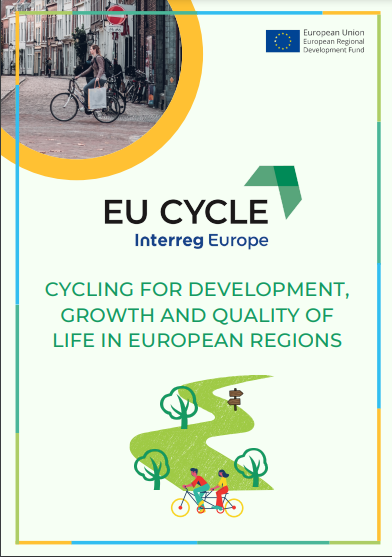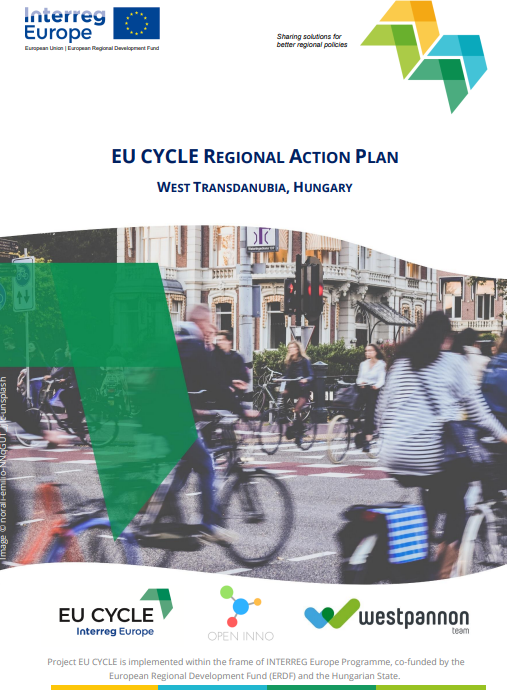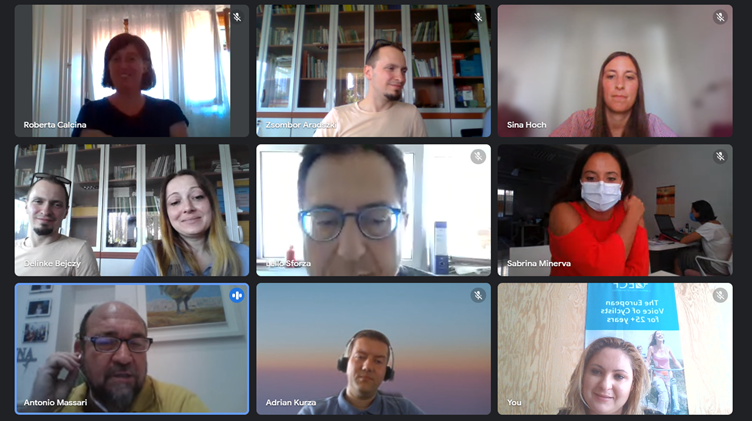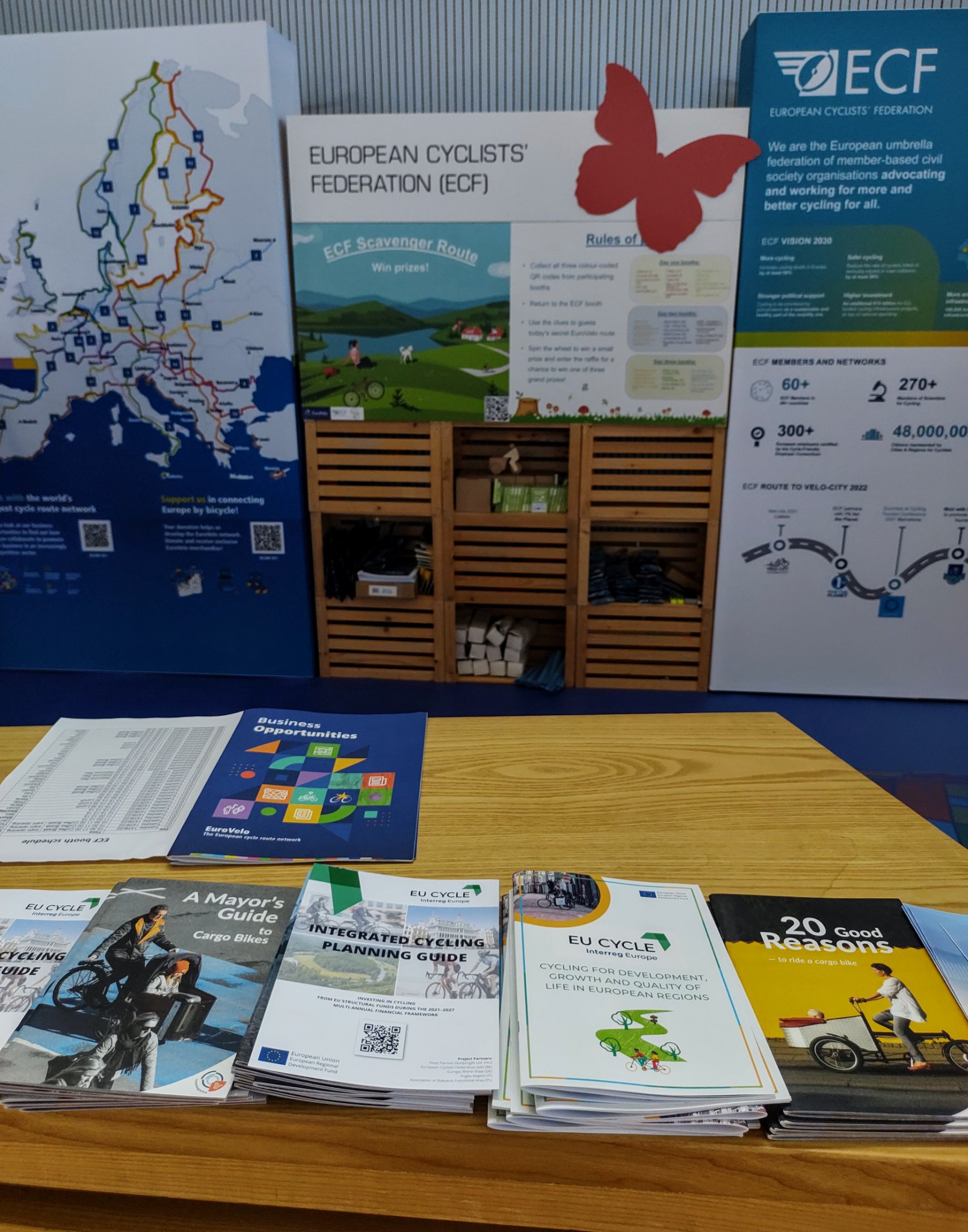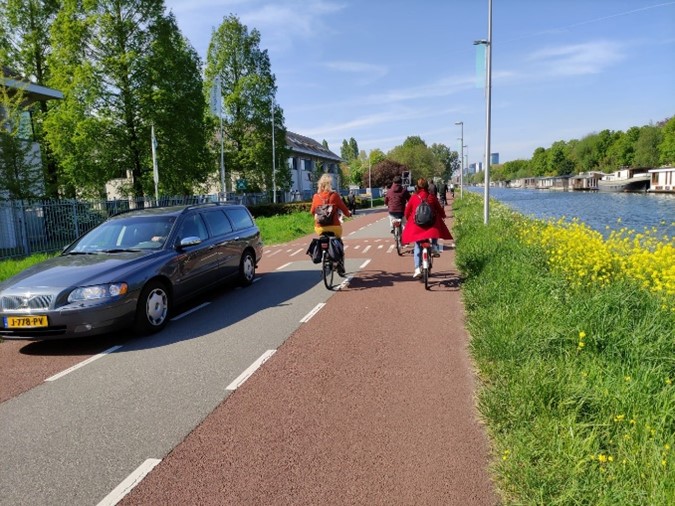EU CYCLE project partners organized on June 30th, 2020, an online workshop on good practices in urban cycling and discussed possible solutions and challenges in making the cities more cycle friendly.
One of the first good practices discussed during the workshop was introduced by Sina HOCH, Project Coordinator at Euregio Rhein-Waal, and focused on the introduction of cycling streets in the town of Kleve (Germany) and the benefits the measure brought as a result.
It was noted that the cycling streets made the city more attractive for cycling and encouraged the use of bicycles by providing more safety for cyclists. The project partners discussed the possible costs for such measure, noting ways to identify in the first phase potential cycling streets, costs for production of street signs as well as easy-to-read informational materials to be distributed to all road users. Despite the fact that at the moment there is still room for improvement when it comes to the implementation of the practice in the cities, it is no doubt a measure that can bring greater safety and help decrease the number of accidents.

Another good practice came from the city of Białystok (Poland) and was presented by Łukasz WRÓBEL, Representative of Mayor of Białystok for cycling infrastructure. BiKeR – the Białystok bicycle communication system, launched in 2014 and operated by Nextbike, allows the possibility of expanding the system with additional stations compatible with the functioning system in other municipalities. Apart from standard bicycles, the system also provides tandem bikes, children bikes, and allows the users to use the bicycle rent free for the first 25 minutes of the journey. The proximity of bus stops and BiKeR station allows passengers to change from one means of transport to another and allows alternative use of both forms of transport. The benefits of the bike sharing system for the city are obvious: reduction of congestion and improved air quality, increased accessibility of the transport network and healthier population.


The workshop included as well good practices identified in the context of the COVID-19 crisis. The lockdown gave the bicycle the opportunity to prove it is the safest, most efficient urban mode of transport. Fabian KÜSTER, Senior Policy Officer at European Cyclists’ Federation, presented a few good practices that were used in Brussels (Belgium). The city has implemented a few measures in order to allow social distancing, such as putting in place pop-up cycle lanes, temporary closure of the parks, removal of parking & filtered permeability as well as ensuring traffic-calmed neighborhoods by creating ‘living streets’.
The importance of communication in such situations was underlined during the workshop, both with the public as well as between different layers of the government. It was concluded that installing street signs in some cases is not enough, infrastructure needs to steer behaviour and the streets need to be redesigned as to alter behaviour of road users. Whether the measures will go from temporary to permanent remains to be seen, however there are good chances that many positive changes will be implemented as a result of the pandemic.


Using the Integrated Territorial Investment instrument for Warsaw Functional Area (Poland) was another good practice presented during the workshop, which consisted in the construction of 20 new bicycle routes (73km) that led as a result to more coherent inter-municipal connections and is part of the existing bicycle network of the Warsaw metropolis. Better intermodality was achieved by creating transport corridors integrated with various types of public transport.


Tibor POLGÁR from West Pannon Nonprofit Ltd. (Hungary) closed the workshop by presenting the Innovative tools used the calls for proposals for sustainable urban transport development in Territorial and Settlement Development Operational Programme (TSDOP).

The guidelines provided with TSDOP calls (which include documents as Cycling Traffic Network Plan template, Bike sharing system design methodology etc.) are partly based on national technical standards but are mostly transferable to other countries, legislative and regulatory frameworks with the EU. They cover a plethora of common technical challenges, traffic network coherence issues and soft measures promoting changing traffic behaviours - and could help thereby local and regional authorities to prepare and fund cycling projects.
